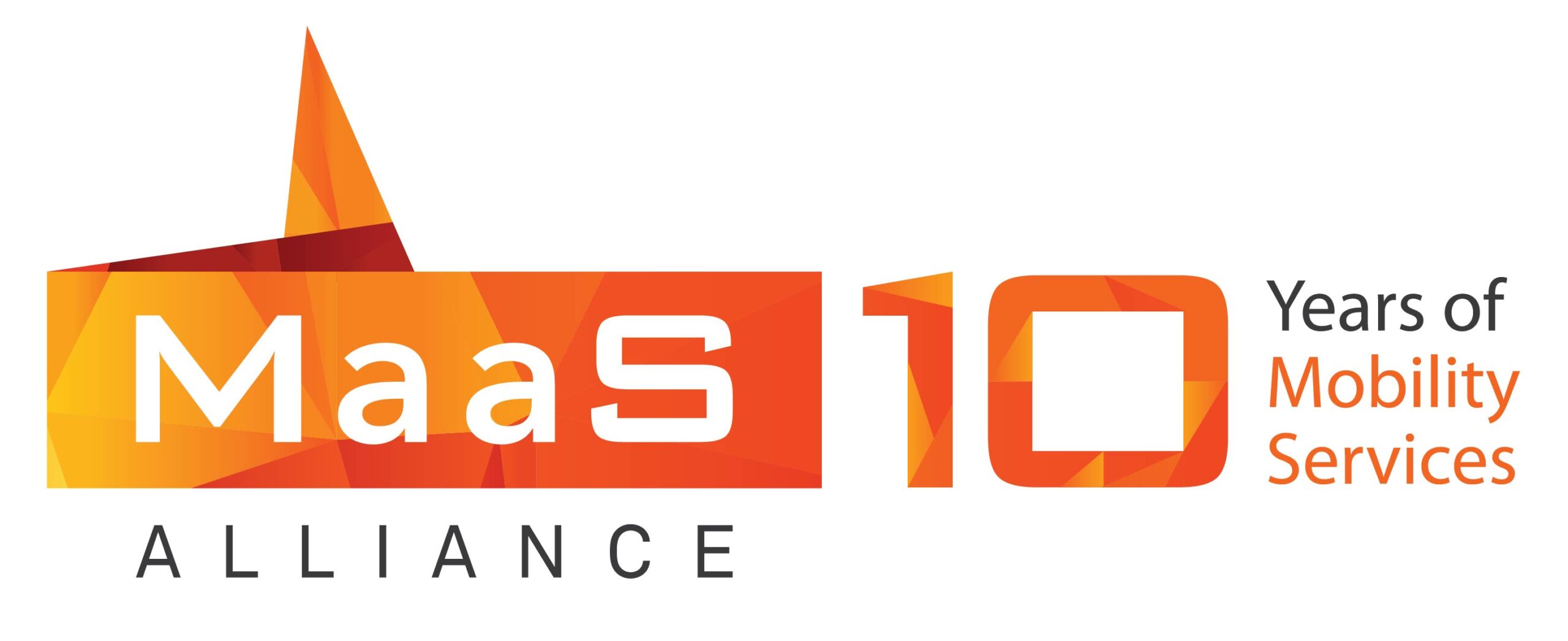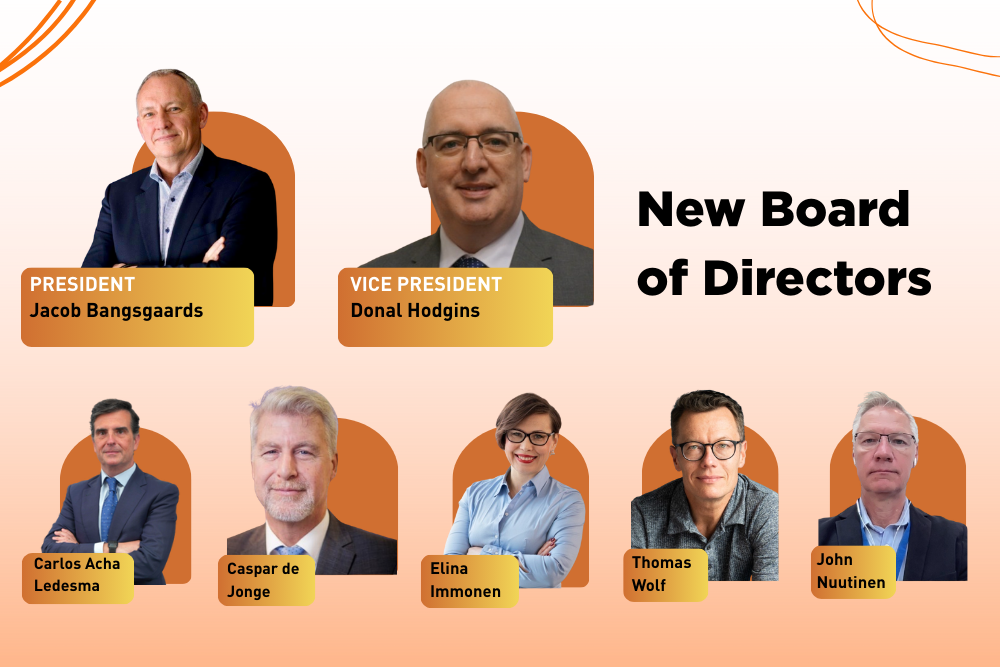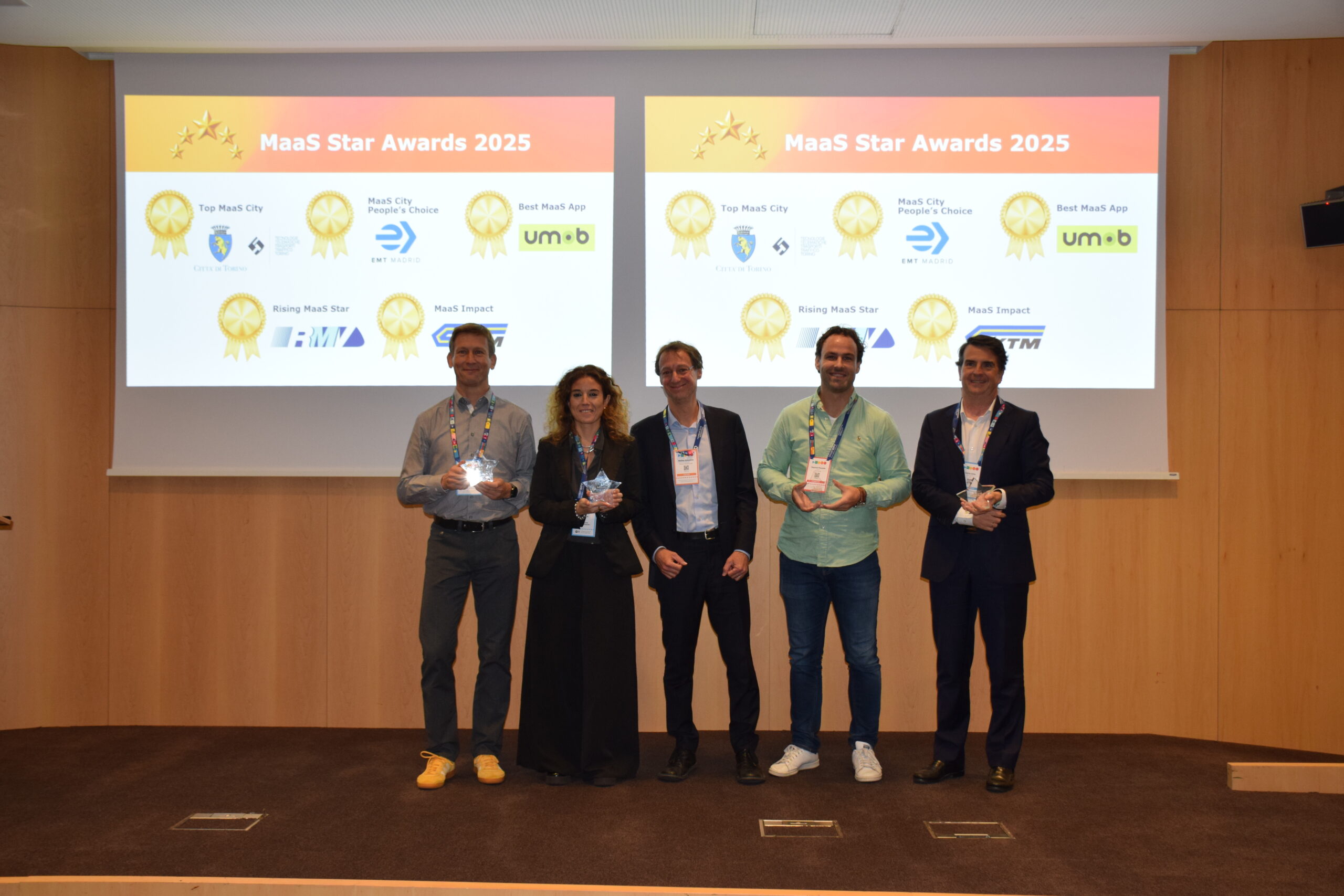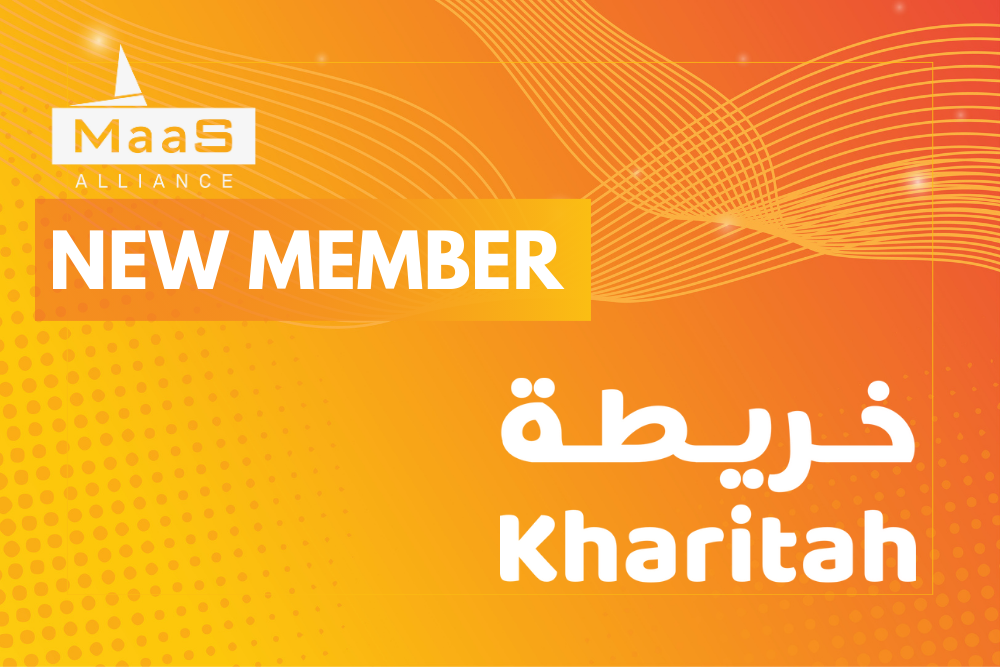The Open Mobility Conference 2019 held in Brussels on 11 April was an opportunity for speakers and participants to discuss a future where a single transport account could allow users to use busses, trains, or a self-driving pod, book travel insurance or any other added value services, a future marked by Mobility as a Service (MaaS).
Transport and the way we travel will not be spared from the adoption of digital technologies which have already transformed several other sectors. As technology gradually occupies a more prominent role in our life, several consumers across the globe who have are well accustomed with the use of digital technology, feel frustrated at the fact Mobility-as-a-Service is not available. Millions of commuters will change, or have started changing, their travelling habits. This revolution is being spurred on by disruptors who featured as speakers at the Open Mobility Conference.
Held at Kanal, a former car factory on the banks of the Senne and a stone throw away from one of the busiest boulevards of Brussels, the Open Mobility Conference was organised conjointly by the MaaS Alliance and the TravelSpirit Foundation following their Memorandum of Understanding signed last year. It featured several keynotes from industry leaders, lightning talks from the frontrunners, panel discussions on the next steps, and interactive workshops to generate ideas and actions. The main questions revolved around the creation of new mobility services that can be easily deployed, scaled and integrated seamlessly with existing provision and other new mobility services and how an open ecosystem and Internet of Mobility look like and what opportunities does it create.
The conference was attended by sell-out audience of over 150 attendees from across Europe, North America, Asia and Africa. Such a high turnout shows that the topic is important. The Conference was opened by Jacob Bagsgaard, MaaS Alliance President and Giles Bailey, TravelSpirit Foundation CEO who paved the way for discussion by highlighting what is needed to support an open ecosystem. “It certainly isn’t technology that is the barrier to this new world, and we are not short of reports hailing the economic benefits that disruptive technology, such as self-driving cars and blockchain, will bring the sector. Rather it is public policy, corporate and technology start-up thinking that needs a reboot, to fathom, regulate and deliver to customers this new vibrant mix of transport options”, said Mr Bailey.
Oana Savu from the International Air Transport Association (IATA) gave the first keynote speech of the day on One Order & NDC and the potential to apply new air industry retailing standards and protocols for intermodal travel – and what can other mobility branches learn from that experience. “I was happy to participate to the Open Mobility Conference and share insights on NDC and One Order and their potential to connect with wider industries to enable greater interoperability and open intermodal opportunities. The event discussions revealed some key commonalities for both the airline industry and mobility in cities such as providing a seamless customer experience and value chain collaboration. Also, I was glad to see that other industries value standards for achieving a sustainable ecosystem”.
Industry took centre stage with lightning talks from six industry leaders on the ecosystem and MaaS. Ralf Frisch from MHP – a Porsche Company, Davor Meersman – Open and Agile Smart Cities, David Lainé – Transdev Group, Eric Mink – Ministry for Infrastructure and the Water Management of the Netherlands, Yasir Siddiqui – Kisio Digital and Krista Huhtala-Jenks – MaaS Global.
This was followed by another panel discussion with open ecosystem leaders who tackled the significance of an open ecosystem and the technological, regulatory and industrial preconditions for openness. The panel was composed by Hsien-Hui Tong – SGInnovate, Francine Gilmore – UK Centre for Connected and Autonomous Vehicle, Ian Callow – Greater London Authoritity and Oana Savu – IATA and moderated by Marko Javornik – COMTRADE.
The afternoon keynote was provided by the Vice-Mayor of Antwerp responsible for mobility, Koen Kennis who portrayed the way Antwerp is leading the way as a foremost ecosystem in smart mobility. “Antwerp is a ‘living lab’ for smart ideas on mobility of individuals, but also for logistical and maritime challenges. As a city we reach out to all innovators working in this field. We are very excited to support calls for a new open ecosystem approach for transportation. This will open up the market for all mobility services all over the world and will break some local monopoly control. This means decoupling services (taxis, scooters, etc.) from their individual apps. It means creating new market opportunities for mobility providers to enter underserved markets.”
One of the highlights of the day was certainly the interactive sessions held simultaneously aimed at stimulating debate and action. 9 roundtable sessions were organised with topics ranging from The Open Source paradigm in mobility to Lessons from emerging economies. A feedback from the workshops was presented to all attendees.
Jehan de Thé, Group Public Affairs Director at Europcar Mobility Group, was supporting the preparation and execution of the event as corporate sponsor. In his intervention at the Conference he said: “Mobility-as-a-Service (MaaS) will offer a mobility mix that will both serve citizens’ needs and sustainable objectives. TravelSpirit Foundation and the MaaS Alliance hosted a great event which was so with full of energy and passion around making MaaS happen at scale, through an open market approach, supported by appropriate global regulations and a common shared vision for the future.”
One of the key priorities identified for the various start-ups joining the event was the need to bring on board enlightened investors. Sanneke Mulderink, founder of MaaS platform Tranzer, stated: “All modes of transport, either financed by the public or private and operating in the public space must be offered non-discriminatory to MaaS providers”.
Another platform sponsoring the event was Skedgo, through its Head of Marketing, Sandra Witzel, who intervened just before the closing of this conference. “We want a future where consumers have complete information about their travel options and at the same time are free to choose how they access and pay for those journeys. We see this approach as an essential ingredient for a major shift away from private car use and enabling rapid adoption of electric and shared mobility solutions, intermixed with an increase in the levels of walking and cycling around our cities.”
Piia Karjalainen, MaaS Alliance Coordinator at ERTICO – ITS Europe explained: “For too long, the transport sector has been more pro-business than pro-market; we would like to facilitate the dynamism at the market to create more innovations and new partnerships. But even that is not the end goal itself, the simple reason why we keep talking about this is that we want to create better services for the end user; with their various needs they deserve to have multiple options, and to that end all topics discussed at our pioneering event – open data, open-minded policymaking and trust and collaboration – are very important prerequisites.”
The event was a sell-out and the feedback received from attendees was highly positive and encouraging. The MaaS Alliance and TravelSpirit Foundation managed to bring together in Brussels the most advanced minds in mobility. This was possible only through the committed work of the organisation team and sponsorship deals with Europcar Mobility Group, Tranzer, Skedgo, MaaS Global, RouteRANK and University of Birmingham.
By clicking on the name of the speaker you can access their presentation given.
- Krista Huhtala-Jenks – MaaS Global
- Jehan de The – Europcar Mobility Group
- Koen Kennis – City of Antwerp
- Oana Savu – International Air Transport Association (IATA)
- Ralf Frisch – MHP – a Porsche Company
- Sanneke Mulderink – Tranzer
- Yassir Siddiqui – Kisio Digital
- Eric Mink – Ministry of Infrastructure and Water Management, the Netherlands
- Davor Meersman – Open and Agile Smart Cities
- David Lainé – Transdev
The event was brought to you by the MaaS Alliance in collaboration with TravelSpirit Foundation.



